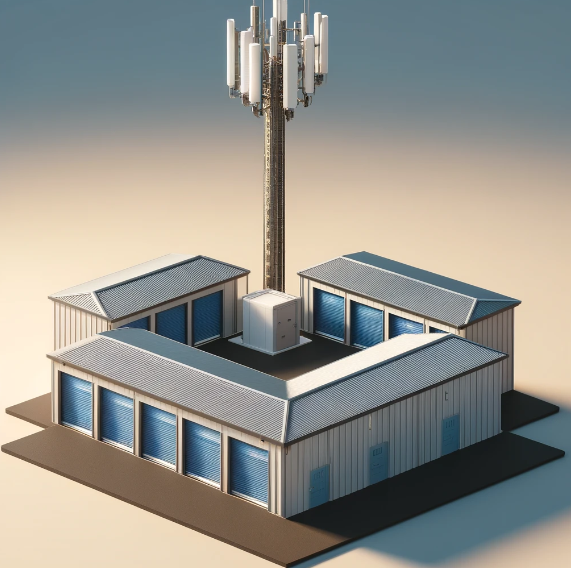Sprint/Nextel & T-Mobile Merger in the Works?
Analysts from Merrill Lynch suggested earlier this month that T-Mobile may be in a position to acquire Sprint Nextel. Here is our breakdown of reasons why we could see this happening and reasons why we can’t:
REASONS WHY SUCH A MERGER COULD OCCUR
1. The declining dollar: T-Mobile is owned by Deutche Telekom. With the euro’s increase in value relative to the dollar, the cost of acquiring Sprint/Nextel would be lessened.
2. 4th Generation Wireless: Sprint/Nextel’s WiMAX spectrum and development. It is no secret that T-Mobile is fourth in the race to 3rd generation wireless. While Sprint, AT&T, and Verizon have already implemented next generation technology on a majority of their urban sites, T-Mobile is in the midst of their UMTS overlay project. With less spectrum than the other carriers, T-Mobile had to bid heavily in the Advanced Wireless Services Auction before they could start this deployment. With Sprint/Nextel– T-Mobile gets to jump to 4th generation wireless services without acquiring more spectrum.
3. Spectrum Auction Participation: T-Mobile did not win any spectrum in the recent 700mhz auction. Perhaps because they won a good deal of spectrum in the AWS auction- but it is conceivable that they gained additional comfort knowing that they would have access to the 2.5GHz spectrum used by Sprint/Nextel for WiMAX.
4. Sprint Stock Price: Sprint’s stock valuation is pitiful. At $6/share, Sprint’s market cap is $19.3 billion. However, Sprint/Nextel’s assets are valued at over $60 billion. We believe Sprint’s stock has taken a beating that may be worse than deserved. Perhaps T-Mobile understands this as well.
5. Number One: A Sprint/Nextel/T-Mobile merger would yield 83 million subscribers- making it the largest carrier in the US. AT&T has 70 million with Verizon at 64 million.
6. Sprint Inactivity: Based upon our anecdotal evidence from clients who approach Steel in the Air, Inc to assist them on new lease negotiations for rooftop cell sites or tower sites, Sprint is not doing any new site development as yet this year. This could be an indication that a merger is in the works and Sprint/Nextel doesn’t want to expend capital on building new cell sites that will be duplicative to a T-Mobile site.
REASONS WHY SUCH A MERGER MIGHT NOT OCCUR
1. Foreign ownership: In 2000, when Deutche Telekom acquired Voicestream and re-badged it T-Mobile, there was regulatory and Congressional concern regarding a foreign company having ownership of a cellular network. This concern can only be greater if Deutche Telekom acquired Sprint/Nextel.
2. Antitrust: The FCC and DOJ might have anti-trust concerns regarding the merger of the 3rd and 4th largest carriers into the number one carrier. However, if the mergers of AT&T/Cingular and Sprint/Nextel and the FCC/DOJ’s failure to force significant divestitures in either merger are an indication, this merger could fly through. Steel in the Air has polled a few other experts- who seem to mostly believe that a merger between Sprint/Nextel/T-Mobile would be approved.
3. Technology Soup: T-Mobile operates a GSM network, Sprint a CDMA network, and Nextel an iDEN network. It is believed by some of us that Sprint/Nextel’s failure to smoothly integrate the two divergent networks is responsible for a large part of their current stock woes. The migration of all three networks would be a significantly difficult hurdle.
4. Sprint’s Pride: Regardless of where there stock is- Sprint most likely believes like I do that their issues are temporary. The market has been particularly unkind to Sprint’s missteps and failed to value Sprint/Nextel’s considerable spectrum holdings and the prospect of WiMAX.
In the end, perhaps the merger of Sprint/Nextel and T-Mobile is just intriguing supposition. However, if this merger was to occur, it would have dramatic impact on the tower industry and on cell site landowners.











